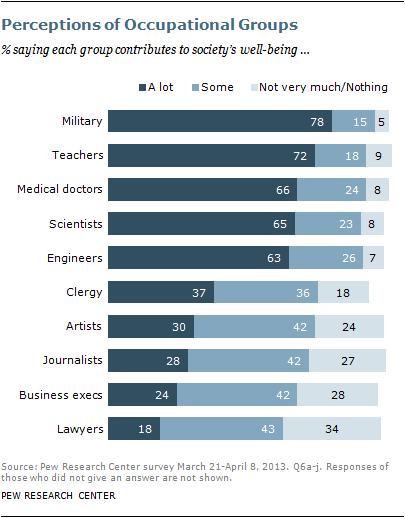A new study on income mobility: The Economic Impacts of Tax Expenditures by Chetty, Hendren, Kline and Saez: See Report Here
A new study on income mobility: The Economic Impacts of Tax Expenditures by Chetty, Hendren, Kline and Saez: See Report Here
 A NY Times article asking “Do Clinical Trials Work?” stirred up lots of questions about the challenges of using experimental designs. Read here Clinical trials (also called experimental designs) are often referred to as “the gold standard” of research. In social science, they are hard to do; when they are used, the results are often inconclusive. Somehow, I thought science might be different, but at least in terms of health research on drugs, the results are also often disappointing, according to the author Clifton Leaf. Continue reading
A NY Times article asking “Do Clinical Trials Work?” stirred up lots of questions about the challenges of using experimental designs. Read here Clinical trials (also called experimental designs) are often referred to as “the gold standard” of research. In social science, they are hard to do; when they are used, the results are often inconclusive. Somehow, I thought science might be different, but at least in terms of health research on drugs, the results are also often disappointing, according to the author Clifton Leaf. Continue reading
 This out from PEW: Public Esteem for Military Still High, Clergy in the Middle, Lawyers at the Bottom, POLL July 11, 2013
This out from PEW: Public Esteem for Military Still High, Clergy in the Middle, Lawyers at the Bottom, POLL July 11, 2013
PEW asked about 10 occupations in terms of their perceived contribution to society.
They wrote:
“Americans continue to hold the military in high regard, with more than three-quarters of U.S. adults (78%) saying that members of the armed services contribute “a lot” to society’s well-being. That’s a modest decline from 84% four years ago, the last time the Pew Research Center asked the public to rate various professions. But the military still tops the list of 10 occupational groups, followed closely by teachers, medical doctors, scientists and engineers. A solid majority of the public says each of those occupations contributes a lot to society.
“By contrast, just 37% of Americans surveyed think the clergy make a big contribution to society, about the same as in 2009. Regular churchgoers tend to be more positive about ministers, priests and other clergy members. But even among adults who say they attend religious services at least once a week, only about half (52%) rate clergy in general as contributing “a lot” to society, while 29% say the clergy make “some” contribution, and 11% say the clergy contribute “not very much” or “nothing at all.”
“While there have been modest declines in public appreciation for several occupations, the order of the ratings is roughly the same as it was in 2009. Among the 10 occupations the survey asked respondents to rate, lawyers are at the bottom of the list. About one-in-five Americans (18%) say lawyers contribute a lot to society, while 43% say they make some contribution; fully a third (34%) say lawyers contribute not very much or nothing at all.”
View Article Here
I am not the only one who is trying to make it easier for people to make sense of research results. For those who are interested in health and nutrition, the number of studies can feel overwhelming, not to mention conflicting. Here is a webpost from Chris Kresser about how to read and understand scientific research. Interesting comments as well. Asking tough questions are essential.
Check it out here: Kresser: How to read and understand scientific research
Kresser provides this link to more information about research put together by the Cancer Information and Support Network. It provides excellent information.
Check it out here: How Cancer is Studied